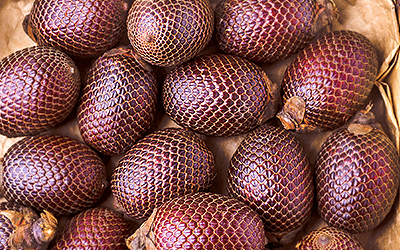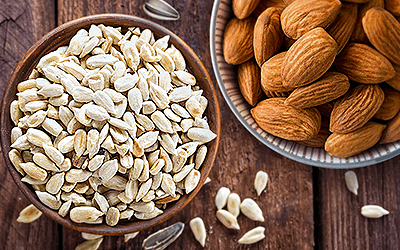While cinnamon's hypoglycemic effects have been subject of numerous clinical trials, the findings have not been conclusive to this date. One of the potential reasons for such discrepancies could be varying body mass index among studied adults.
As such, this study evaluated the effects of cinnamon supplementation on adults with type II diabetes, particularly their anthropometric parameters, glycemic indices, and lipid profiles in relation to their BMIs.
The Study
It was a randomized clinical trial conducted at the Diabetes Clinic of Yazd University of Medical Sciences in Yazd, Iran. Researchers shared their findings in the 2019 edition of the Clinical Nutrition journal.
There were 140 adult participants, all of which were diagnosed with type II diabetes. They were randomly assigned to four groups:
- The cinnamon group with BMI ≥ 27 kg/m2
- The cinnamon group with BMI < 27 kg/m2
- The placebo group with BMI ≥ 27 kg/m2
- The placebo group with BMI < 27 kg/m2
Both cinnamon groups received one 500 mg capsule with cinnamon bark powder, twice daily for three months. Both placebo groups, on the other hand, were given placebo capsules for the same duration.
Besides participants' BMIs and other anthropometric measurements (e.g. body fat and visceral fat), researchers recorded glycemic and lipid profiles before and after the study.
The Results
In both cinnamon groups, there were significant improvements in all anthropometric, glycemic, and lipid parameters (except for triglyceride levels). No major improvements were seen in adults in the placebo group.
It is worth noting that these benefits were particularly noticeable in cinnamon-taking adults with a BMI above 27.
For reference, a BMI between 25 and 29.9 kg/m2 is categorized as overweight, while one above 30 kg/m2 is categorized as obesity.1
What Does this Mean?
As clearly demonstrated by the results of this trial, cinnamon can benefit adults with type II diabetes as it improves their anthropometric, glycemic, and lipid parameters.
The benefits of cinnamon for diabetes are more pronounced in those with higher BMI. This is good news as obesity is known to worsen glycemic control and increase the risk of complications, such as heart disease.
Other diabetes-friendly herbs include apples, bananas, peanuts, and tomatoes.
Sources
- Clinical Nutrition Journal, Efficacy of cinnamon in patients with type II diabetes mellitus: A randomized controlled clinical trial, 2019
Footnotes:
- CDC. (2021). Adult Body Mass Index (BMI). Retrieved March 3, 2021 from https://www.cdc.gov/obesity/adult/defining.html





